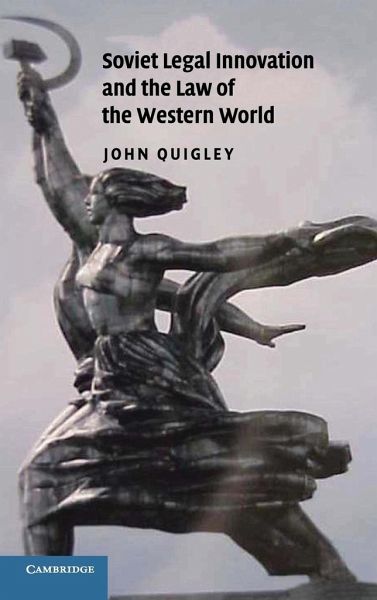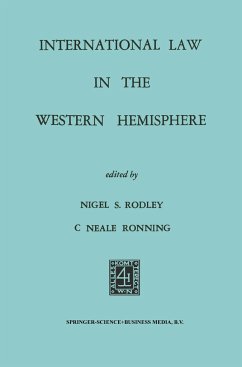
Soviet Legal Innovation and the Law of the Western World
Versandkostenfrei!
Versandfertig in 1-2 Wochen
111,99 €
inkl. MwSt.
Weitere Ausgaben:

PAYBACK Punkte
56 °P sammeln!
The government of Soviet Russia wrote new laws for Russia that were as revolutionary as its political philosophy. These new laws challenged social relations as they had developed in Europe over centuries. These laws generated intense interest in the West. To some, they were the harbinger of what should be done in the West, hence a source for emulation. To others, they represented a threat to the existing order. Western governments, like that of the Tsar, might be at risk if they held to the old ways. Throughout the twentieth century Western governments remade their legal systems, incorporating...
The government of Soviet Russia wrote new laws for Russia that were as revolutionary as its political philosophy. These new laws challenged social relations as they had developed in Europe over centuries. These laws generated intense interest in the West. To some, they were the harbinger of what should be done in the West, hence a source for emulation. To others, they represented a threat to the existing order. Western governments, like that of the Tsar, might be at risk if they held to the old ways. Throughout the twentieth century Western governments remade their legal systems, incorporating an astonishing number of laws that mirrored the new Soviet laws. Western law became radically transformed over the course of the twentieth century, largely in the direction of change that had been charted by the government of Soviet Russia.














